HCC

End-to-end liver disease management at Zhuhai People’s Hospital: Project Pearl

Strategic Efficiencies: Evaluating Cost-Effectiveness of Biomarker-Based HCC Surveillance

A Bold Stride Forward for Liver Health: Thailand’s Nationwide HBV Screening and EZ Liver Clinic

Urgent Global Need for PIVKA-II and AFP-L3 Measurements for Surveillance and Management of Hepatocellular Carcinoma

Explore New Zealand’s National HBV Screening & Surveillance Program
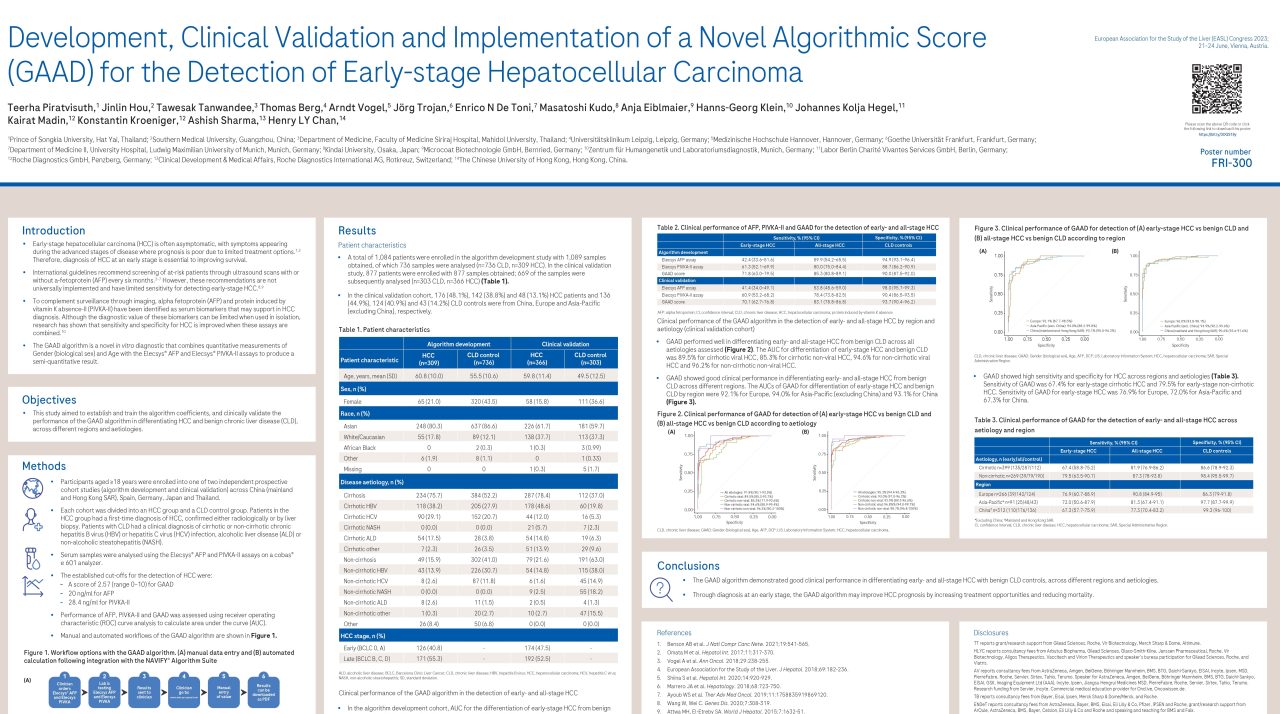
Development and Clinical Validation of a Novel Algorithmic Score (GAAD) for the Detection of Early-stage Hepatocellular Carcinoma
This study aims to establish and train the algorithm coefficients, and clinically validate the performance of the GAAD algorithm in differentiating HCC and benign chronic liver…
READ MORE
Early-stage hepatocellular carcinoma screening in patients with chronic hepatitis B in China: a cost–effectiveness analysis

The Pursuit for Better Patient Outcomes – Innovating HCC Management at Siriraj Hospital
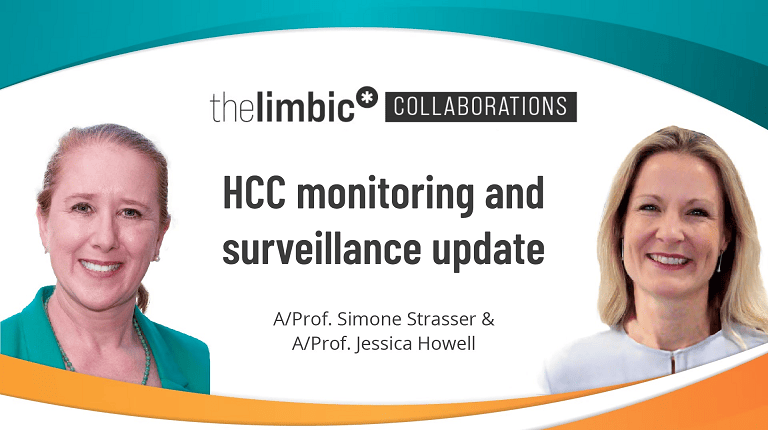
HCC monitoring and surveillance update – the limbic

Patient-centric and ecosystem insights into hepatocellular carcinoma across Asia-Pacific – LEAP
In this white paper, insights on the liver ecosystem are uncovered, with the intention of facilitating action among various stakeholders to reduce liver cancer incidence and…
READ MORE
Leading the Way for HCC Surveillance and Diagnosis: Prof. Henry LY Chan
In this video, Prof Henry LY Chan, Deputy Chief Manager at Union Hospital Hong Kong, discusses how PIVKA-II can complement AFP and Ultrasound in assisting clinicians…
READ MORE
Serum PIVKA-II and alpha-fetoprotein at virological remission predicts hepatocellular carcinoma in chronic hepatitis B related cirrhosis
This study aimed to investigate the role of serum PIVKA-II and alpha-fetoprotein in predicting HCC and mortality in cirrhotic CHB patients at virological remission following NA…
READ MORE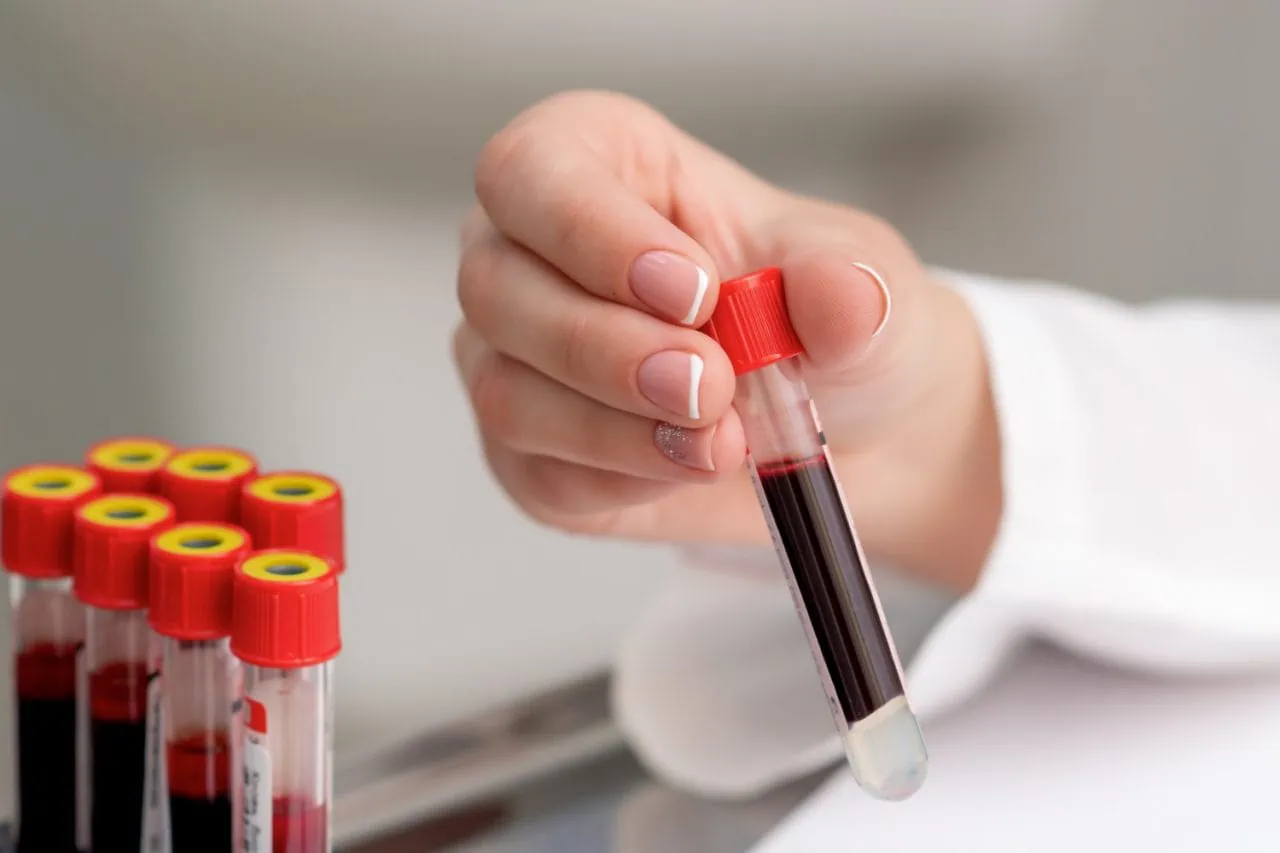
Do combined assays of serum AFP, AFP-L3, DCP, GP73, and DKK-1 efficiently improve the clinical values of biomarkers in decision-making for hepatocellular carcinoma? A meta-analysis
This meta-analysis aims to provide insight on the efficacy of using combined biomarkers, AFP, AFP-L3, DCP, DKK-1, and GP73, for clinical decision-making for patients with HCC.…
READ MORE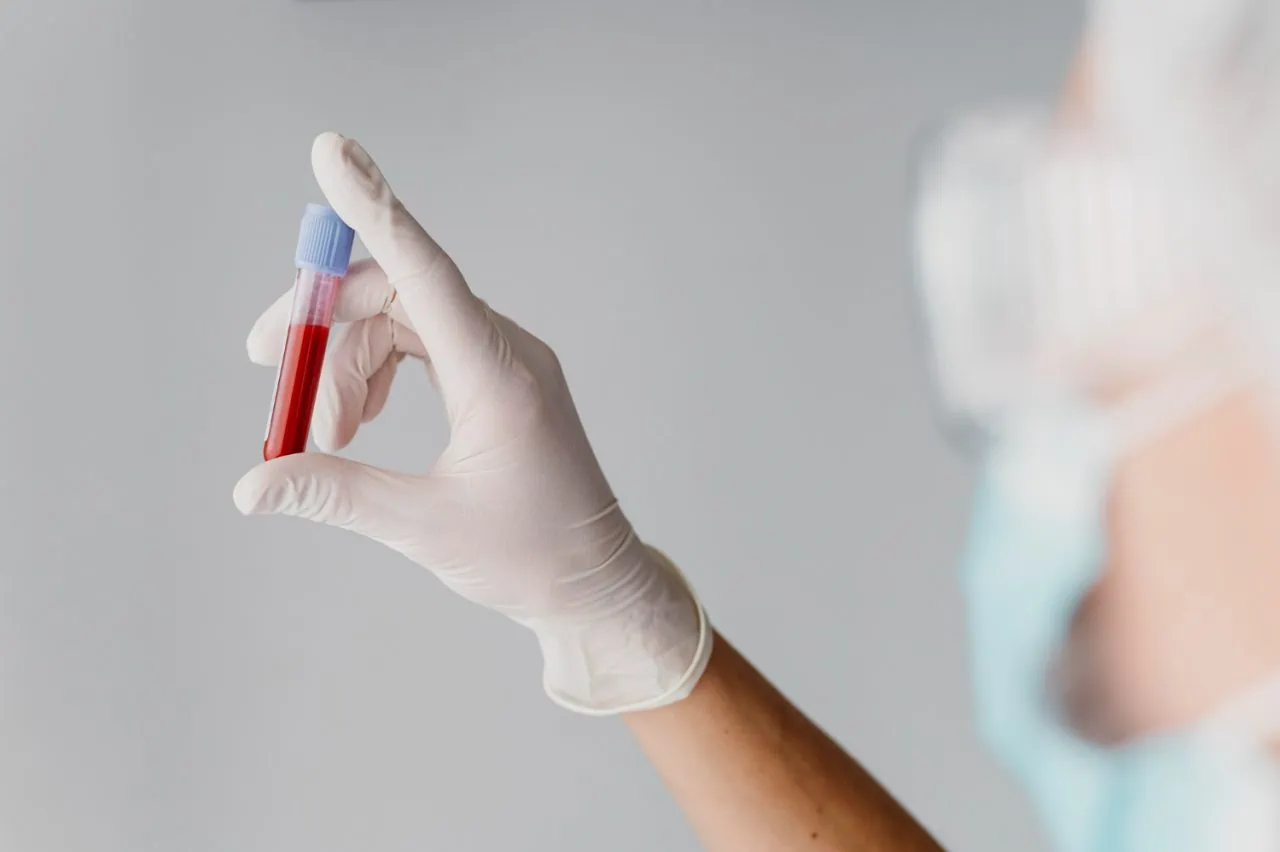
The prognostic values of serum markers in hepatocellular carcinoma after invasive therapies based on real-world data
The purpose of this study is to evaluate the prognostic values of serum markers in HCC, with retrospective data. Li B, Liu A, Wen Y, Yang…
READ MORE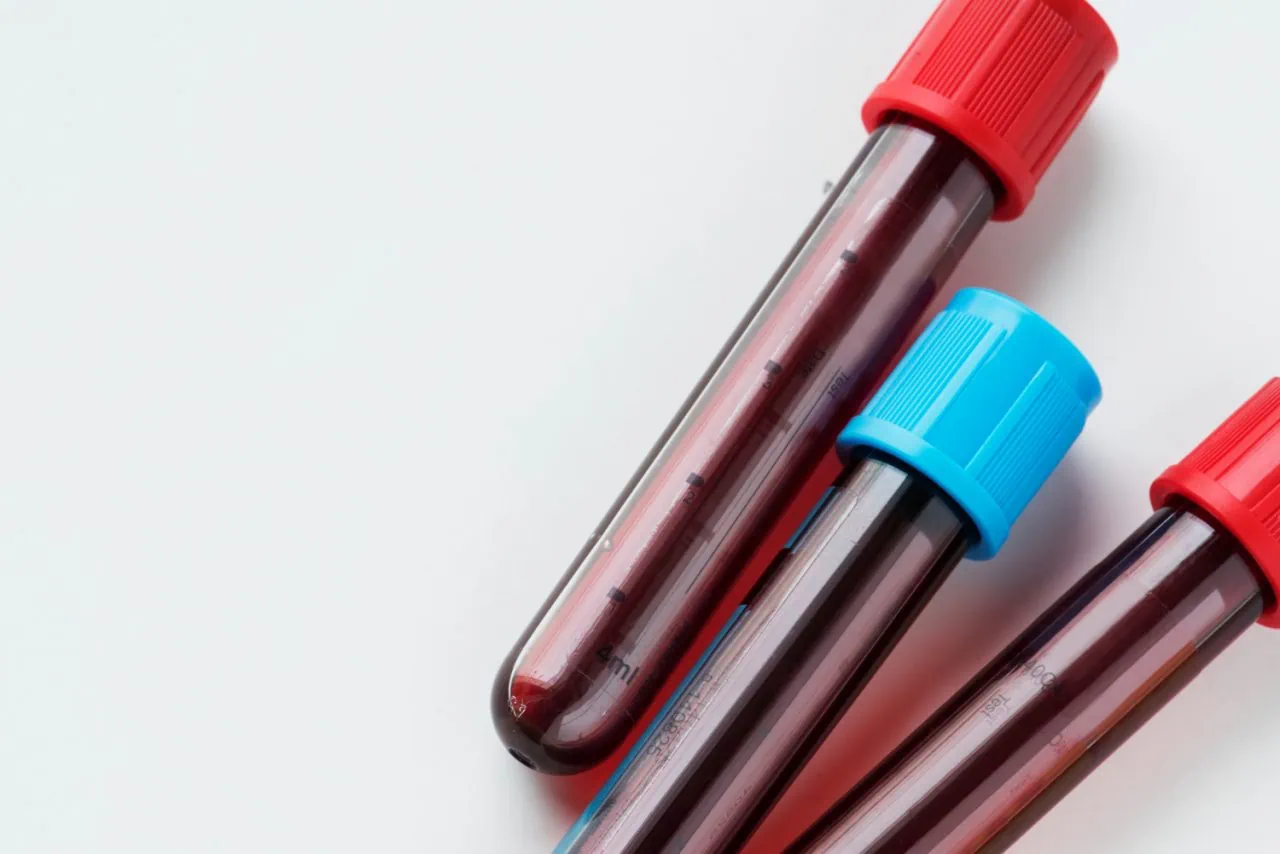
The Diagnostic Value of Serum PIVKA-II Alone or in Combination with AFP in Chinese Hepatocellular Carcinoma Patients
This study aims to investigate the diagnostic role of PIVKA-II alone or in combination with AFP in Chinese HCC patients. Xu F, Zhang L, He W,…
READ MORE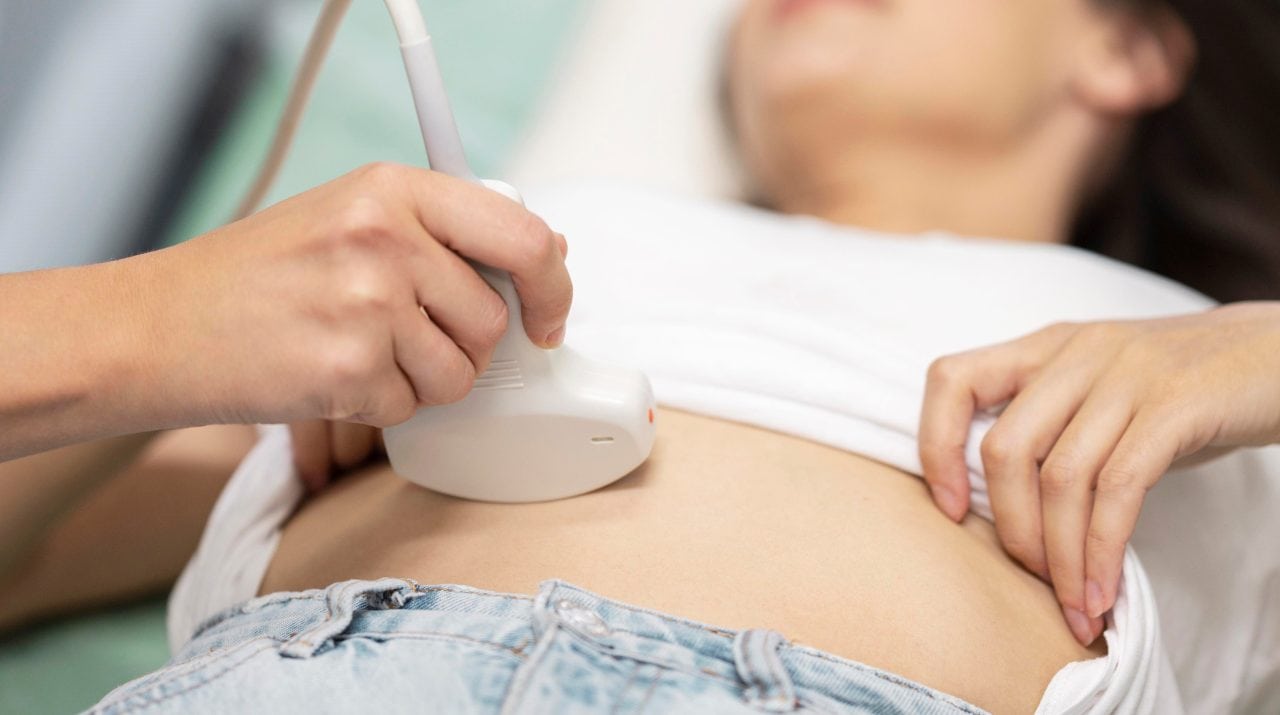
HCC surveillance improves early detection, curative treatment receipt, and survival in patients with cirrhosis: A meta-analysis
This systematic review and meta-analysis of cohort studies of patients with cirrhosis aimed to evaluate the benefit and harms of HCC surveillance in patients with cirrhosis.…
READ MORE
Efficacy analysis of combined detection of 5 serological tumor markers including MIF and PIVKA-II for early diagnosis of primary hepatic cancer
The aim of this study was to investigate the efficacy of combined detection of 5 serological tumor markers including macrophage migration inhibitory factor (MIF) and abnormal…
READ MORE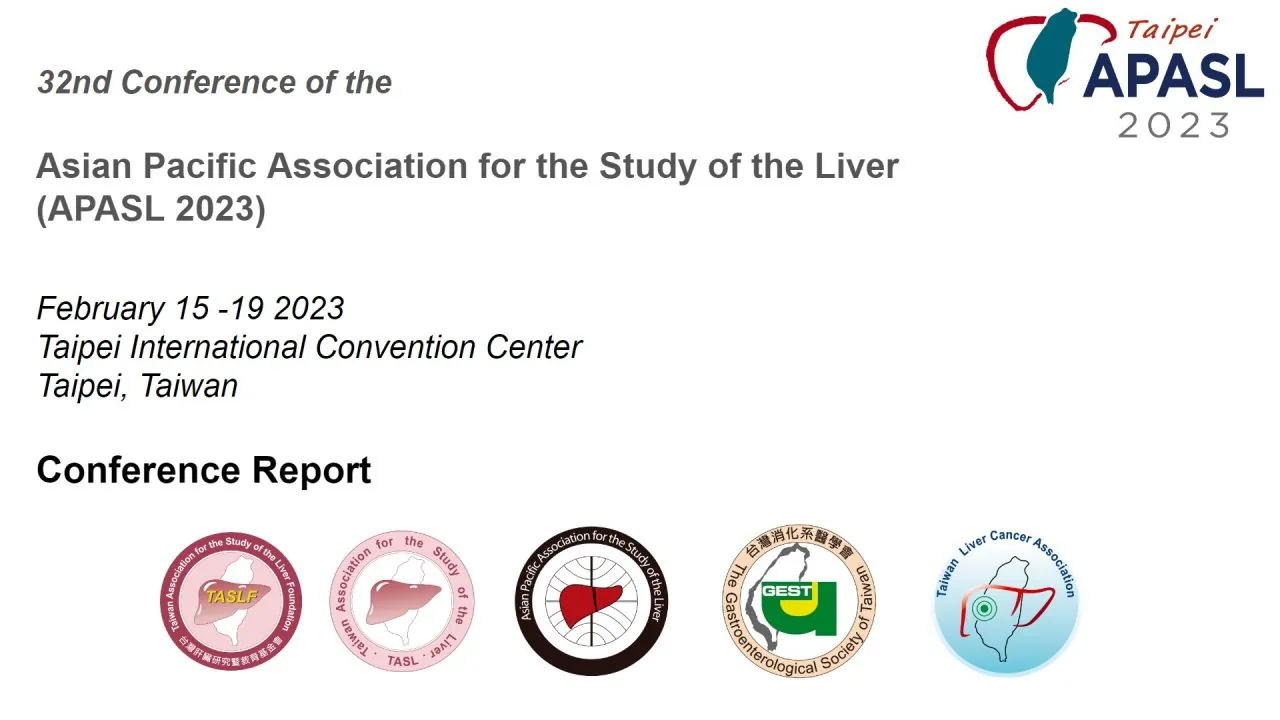
APASL 2023 Taiwan Congress Report
Catch up on the highlights of APASL 2023 with this congress report, covering session on hepatitis B, hepatitis C, hepatocellular carcinoma, and fatty liver disease.
READ MORE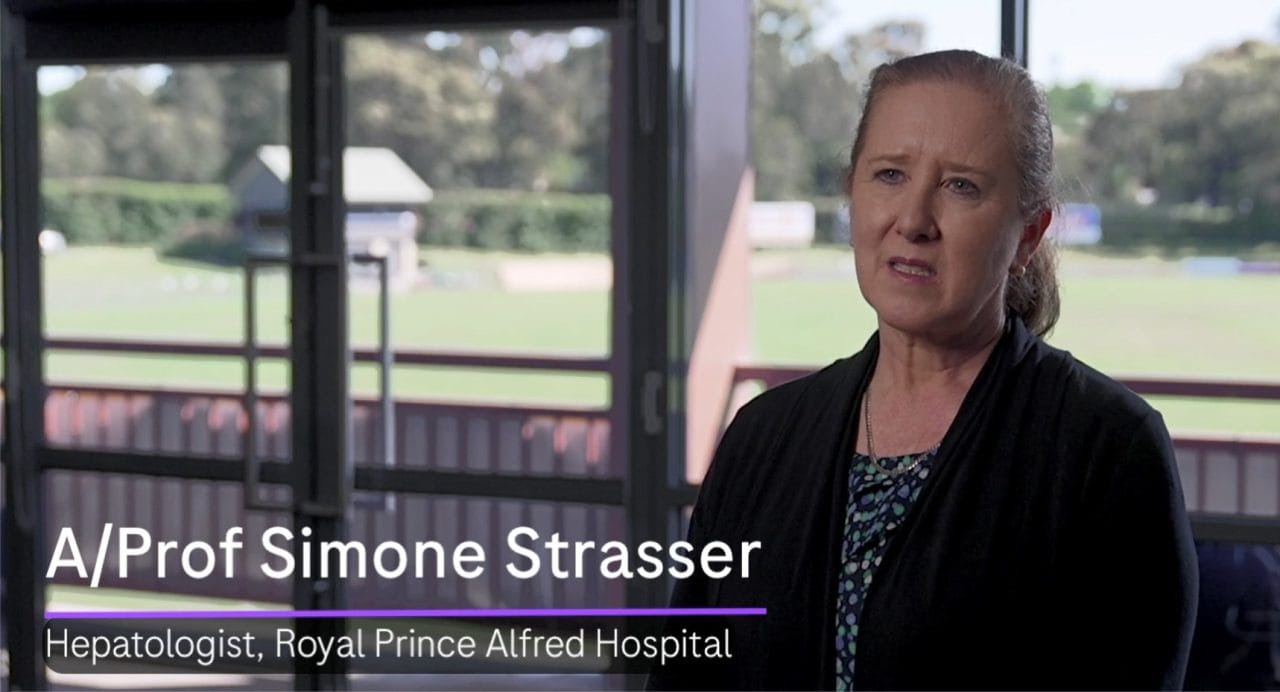
Hepatocellular carcinoma surveillance and the emerging role of biomarker-based models
A/Prof Simone Strasser recently published an independent commentary in the Australian Medical Research and Journal "Research Review", covering at length topics such as non-alcoholic liver disease…
READ MORE
Clinical Utility of Protein Induced by Vitamin K Absence-II in Patients with Hepatocellular Carcinoma
This study aimed to assess the clinical utility of PIVKA-II in addition to AFP in patients with HCC. Bhatti ABHH, Naz K, Abbas G, Khan NY,…
READ MORE
PIVKA-II: Confidence in HCC surveillance and diagnosis: Prof. Ming-Lung Yu
In this video, Prof Ming-Lung Yu, Chair Professor of Hepatology at Kaohsiung University Medical Hospital, discusses how PIVKA-II can complement AFP and Ultrasound in assisting clinicians…
READ MORE
Utility of Combining PIVKA-II and AFP in the Surveillance and Monitoring of Hepatocellular Carcinoma in the Asia-Pacific Region
A panel of 17 experts from Asia-Pacific, gathered to discuss and reach a consensus on the clinical usefulness and value of PIVKA-II for the surveillance and…
READ MORE
Evaluation of the diagnostic accuracy of des-gamma-carboxy prothrombin and alpha-fetoprotein alone or in combination for hepatocellular carcinoma: A systematic review and meta-analysis
This article aims to clarify the diagnostic value of DCP (PIVKA-II) and AFP in patients with different risk of HCC development (etiology, ethnicity, and various stages…
READ MORE
A meta-analysis and of clinical values of 11 blood biomarkers, such as AFP, DCP, and GP73 for diagnosis of hepatocellular carcinoma
This study reanalyzes the related studies of 11 blood biomarkers of HCC, and compares the diagnostic value of these biomarkers for HCC systematically. Pang BY, Leng…
READ MORE
Biomarkers for the Early Detection of Hepatocellular Carcinoma
This review highlights promising candidate biomarkers and biomarker panels that have completed phase II evaluation for the early detection of HCC. Parikh ND, Mehta AS, Singal…
READ MORE
Cost-effectiveness Analysis of GAAD algorithm on Hepatocellular Carcinoma Screening in Patients with Chronic Hepatitis B in China
This study evaluates the cost-effectiveness of serological tests or ultrasound alone versus their joint use with or without multivariate index algorithm for HCC screening in chronic…
READ MORE
Asia-Pacific clinical practice guidelines on the management of hepatocellular carcinoma: a 2017 update
These latest guidelines recommend evidence-based management of HCC and are considered suitable for universal use in the Asia-Pacific region, which has a diversity of medical environments.…
READ MORE
Impact of PIVKA-II in diagnosis of hepatocellular carcinoma
This study was designed to investigate the potential role of PIVKA-II as a diagnostic, non-invasive marker for HCC at its early stages and to assess its…
READ MORE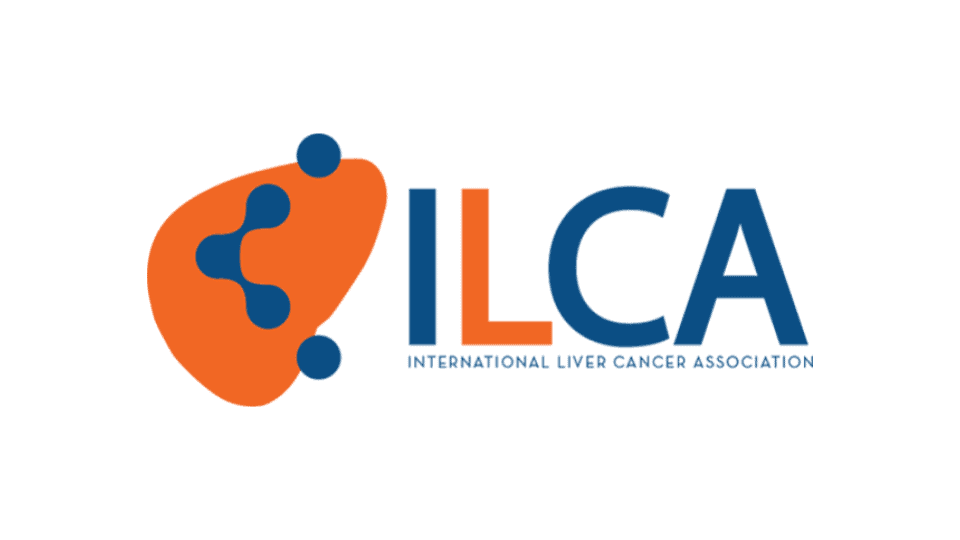
International Liver Cancer Association (ILCA) White Paper on Biomarker Development for Hepatocellular Carcinoma
This white paper, which was developed by a group of experts in biomarker development, provides a framework on best practices to design, execute, and interpret biomarker…
READ MORE
Guidelines for the Diagnosis and Treatment of Hepatocellular Carcinoma (2019 Edition)
Since the publication of Guidelines for Diagnosis and Treatment of Primary Liver Cancer (2017 Edition), additional high-quality evidence has emerged with relevance to the diagnosis, staging,…
READ MORE
Clinical practice guidelines for hepatocellular carcinoma: The Japan Society of Hepatology 2017 (4th JSH-HCC guidelines) 2019 update
The 4th version of Clinical Practice Guidelines for Hepatocellular Carcinoma was revised by the Japan Society of Hepatology, and published in October 2017 in Japanese. New…
READ MORE
Surveillance Imaging and Alpha Fetoprotein for Early Detection of Hepatocellular Carcinoma in Patients With Cirrhosis: A Meta-analysis
Society guidelines differ in their recommendations for surveillance to detect early-stage hepatocellular carcinoma (HCC) in patients with cirrhosis. This study compared the performance of surveillance imaging,…
READ MORE
Diagnostic challenges in primary hepatocellular carcinoma: case reports and review of the literature
HCC diagnosis can be particularly challenging in some cases and the obtained results seem ambiguous, resulting in a long-term and delayed diagnostic process.This paper presents three…
READ MORE
Diagnostic value of PIVKA-II and alpha-fetoprotein in hepatitis B virus-associated hepatocellular carcinoma
This study aims to determine the cutoff values and to compare the diagnostic role of alpha-fetoprotein (AFP) and prothrombin induced by vitamin K absence-II (PIVKA-II) in…
READ MORE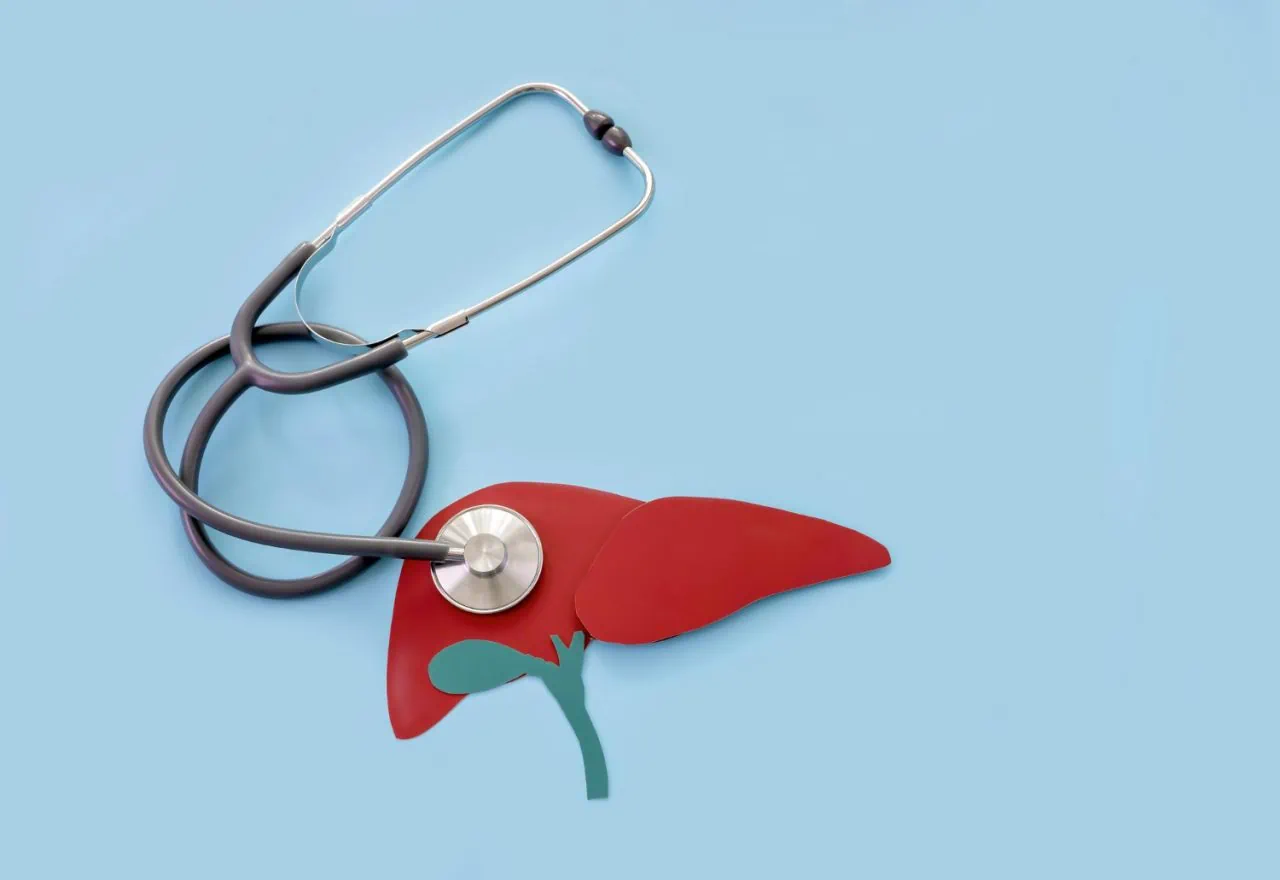
Diagnostic value of prothrombin induced by the absence of vitamin K or antagonist-II (PIVKA-II) for early stage HBV related hepatocellular carcinoma
This study aims to evaluate the diagnostic efficacy of prothrombin induced by the absence of vitamin K or antagonist-II (PIVKA-II) for early stage hepatitis virus B…
READ MORE
Hepatocellular carcinoma surveillance: current practice and future directions
This review article provides a comprehensive overview of the indications and rationale for HCC surveillance, currently available surveillance methods and their utilization, effectiveness, and limitations, as…
READ MORE
Protein induced by vitamin K absence or antagonist-II versus alpha-fetoprotein in the diagnosis of hepatocellular carcinoma: A systematic review with meta-analysis
PIVKA-II has been extensively studied as a biomarker in HCC. However, its diagnostic capability varies across HCC studies. This study aimed to compare the performance of…
READ MORE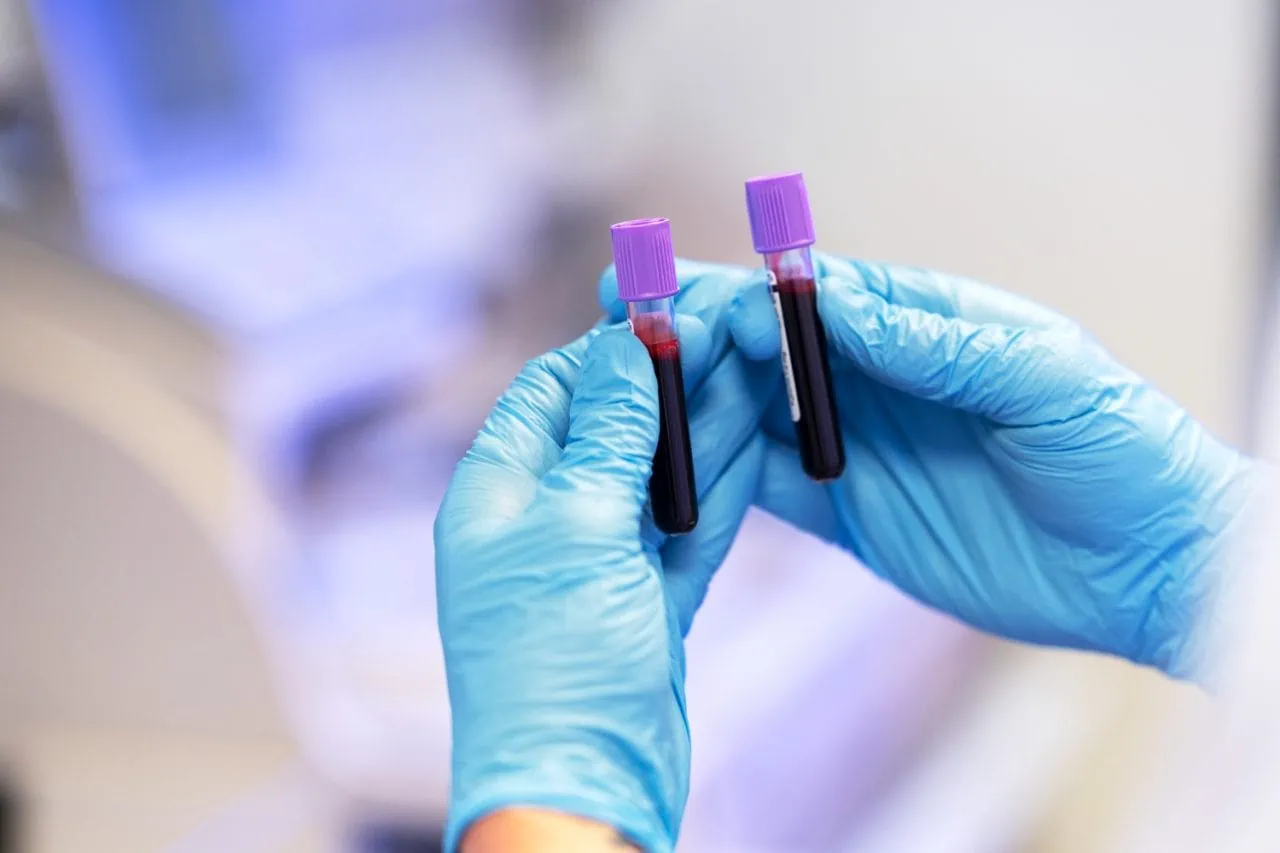
Diagnostic value of serum PIVKA-II levels for BCLC early hepatocellular carcinoma and correlation with HBV DNA
This study aims to determine the clinical value of serum Prothrombin induced by vitamin K absence-II (PIVKA-II) in early hepatocellular carcinoma (HCC), and to explore its…
READ MORE
Leading the Way for HCC Surveillance and Diagnosis: Dr Bao Toan Nguyen
In this video, Dr Bao Toan Nguyen from MEDIC-LAB Ho Chi Minh discusses how PIVKA-II can complement AFP in assisting clinicians in the early detection and…
READ MORE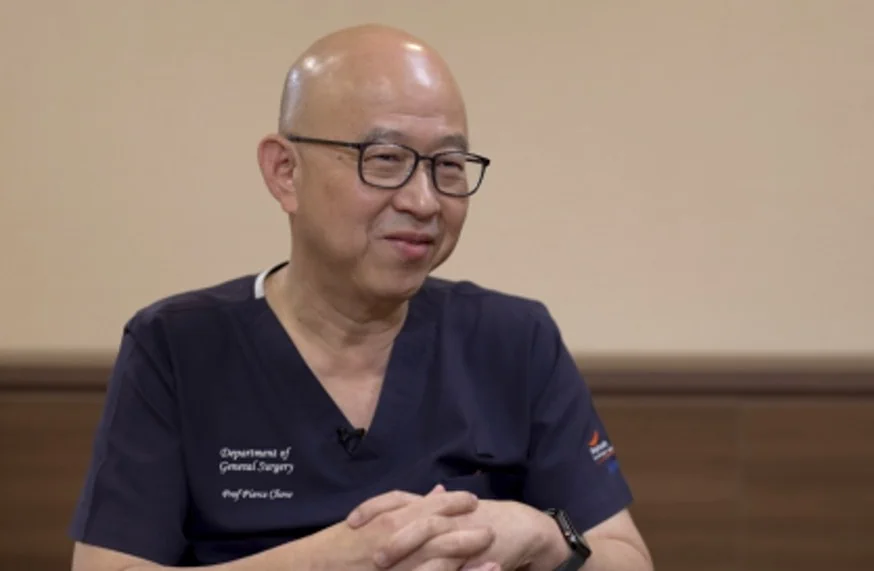
Liver Disease in Asia Pacific: Insights from Prof Pierce Chow
In this Q&A, Prof Pierce Chow of the National Cancer Centre Singapore discusses the epidemiology of liver disease in Asia Pacific; key considerations around the clinical…
READ MORE
Liver Cancer in Japan: Dr Shun Kaneko on HCC Screening and Surveillance
Japan is a global leader in hepatocellular carcinoma (HCC) surveillance, with an effective programme that enables early-stage carcinomas detection. Yet unmet needs continue to affect the…
READ MORE
The clinical utility of Elecsys GAAD score in the diagnosis of hepatocellular carcinoma
The performance of Elecsys® GAAD score, which includes the parameters of gender, age, alpha-fetoprotein (AFP) and protein induced by Vitamin K absence or antagonists-II (PIVKA-II) in…
READ MORE
Performance evaluation of the Elecsys PIVKA-II and Elecsys AFP assays for hepatocellular carcinoma diagnosis
Prothrombin induced by vitamin K absence-II (PIVKA-II) is a serum biomarker linked to hepatocellular carcinoma (HCC), showing superiority to alpha-fetoprotein (AFP) for early disease detection. This…
READ MORE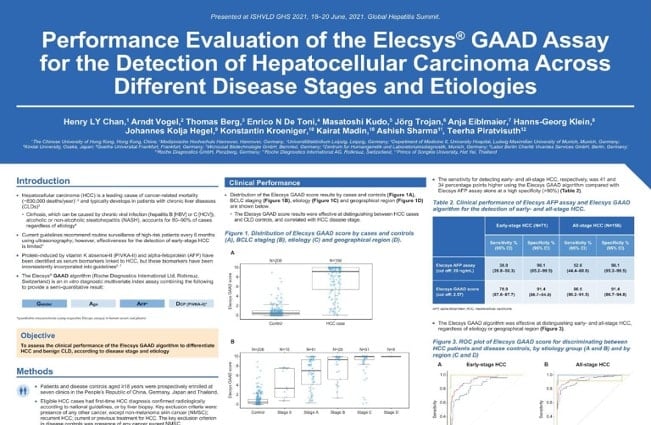
Performance Evaluation of the Elecsys GAAD Assay for the Detection of Hepatocellular Carcinoma Across Different Disease Stages and Etiologies
The Elecsys® GAAD algorithm combines quantitative measurements of Elecsys PIVKA-II assay and Elecsys AFP assay, plus age and gender to generate a semi-quantitative result. This study…
READ MORE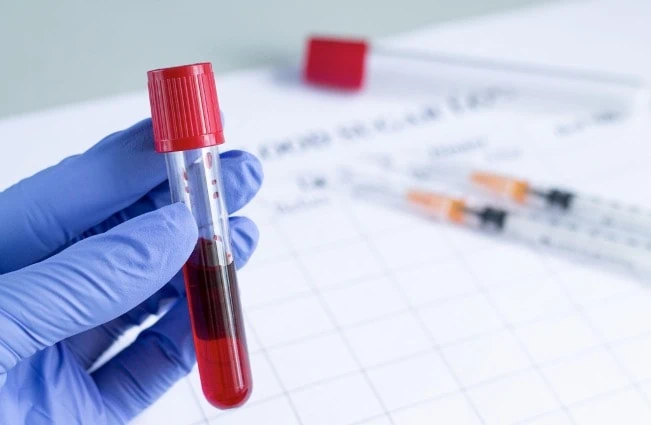
Multimarker Panels for Detection of Early Stage Hepatocellular Carcinoma: A Prospective, Multicenter, Case-Control Study
This study systematically evaluates biomarkers mentioned in international guidelines and peer-reviewed literature for HCC surveillance and diagnosis, in order to identify combinations of biomarkers that display…
READ MORE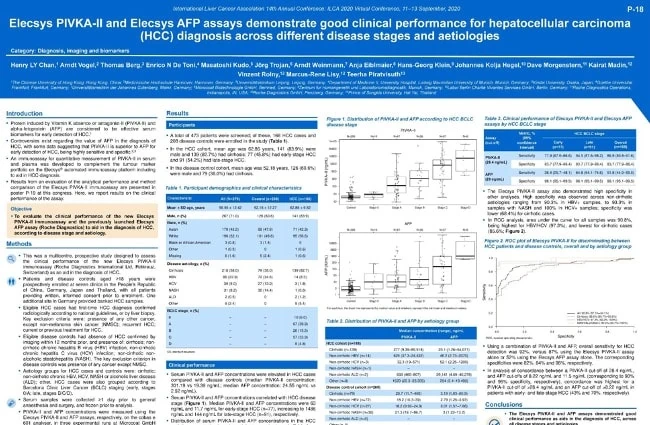
Elecsys PIVKA-II and Elecsys AFP assays demonstrate good clinical performance for hepatocellular carcinoma (HCC) diagnosis across different disease stages and aetiologies
This study evaluates the clinical performance of the new Elecsys PIVKA-II immunoassay and the previously launched Elecsys AFP assay (Roche Diagnostics) to aid in the diagnosis…
READ MORE
Clinical evaluation of Elecsys PIVKA-II for patients with advanced hepatocellular carcinoma
Prothrombin induced by vitamin K absence-II (PIVKA-II) was reported as a diagnosis and prognosis marker for hepatocellular carcinoma (HCC). This prospective study aims to comparatively verify…
READ MORE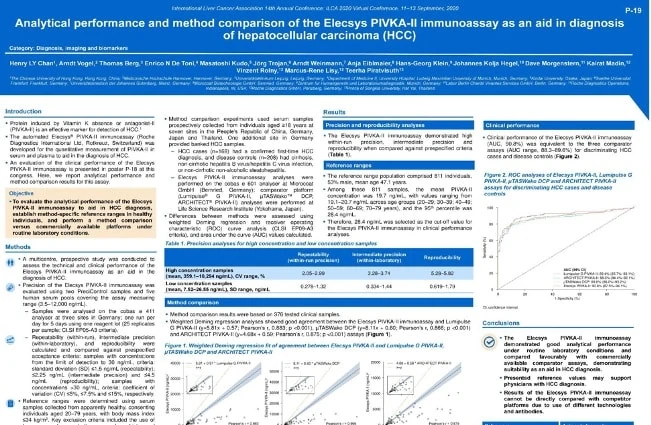
Analytical performance and method comparison of the Elecsys PIVKA-II immunoassay as an aid in diagnosis of hepatocellular carcinoma (HCC)
This study evaluates the analytical performance of the Elecsys PIVKA-II immunoassay to aid in HCC diagnosis, establish method-specific reference ranges in healthy individuals, and perform a…
READ MORE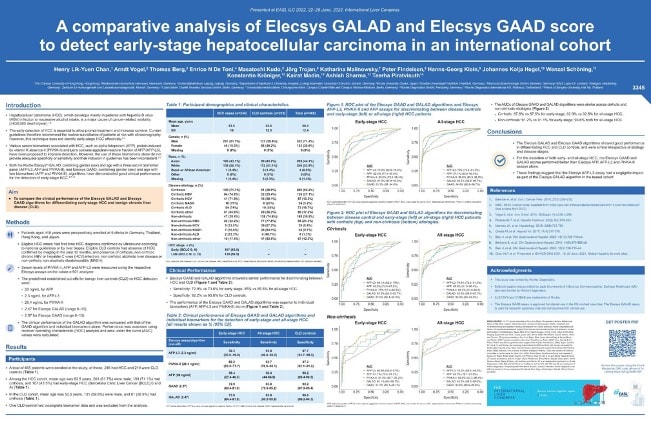
A comparative analysis of Elecsys GALAD and Elecsys GAAD score to detect early-stage hepatocellular carcinoma in an international cohort
This study compared the clinical performance of the Elecsys GALAD (gender [sex], age, alpha-fetoprotein [AFP] Lens culinaris agglutinin-reactive fraction of AFP [AFP-L3] and protein-induced by vitamin…
READ MORE
Hepatocellular carcinoma – the ‘silent killer’ disease infographic
Chronic liver disease (CLD) is on the rise. CLD can progress to Hepatocellular Carcinoma (HCC), a type of liver cancer. What are the risk factors for…
READ MORE

